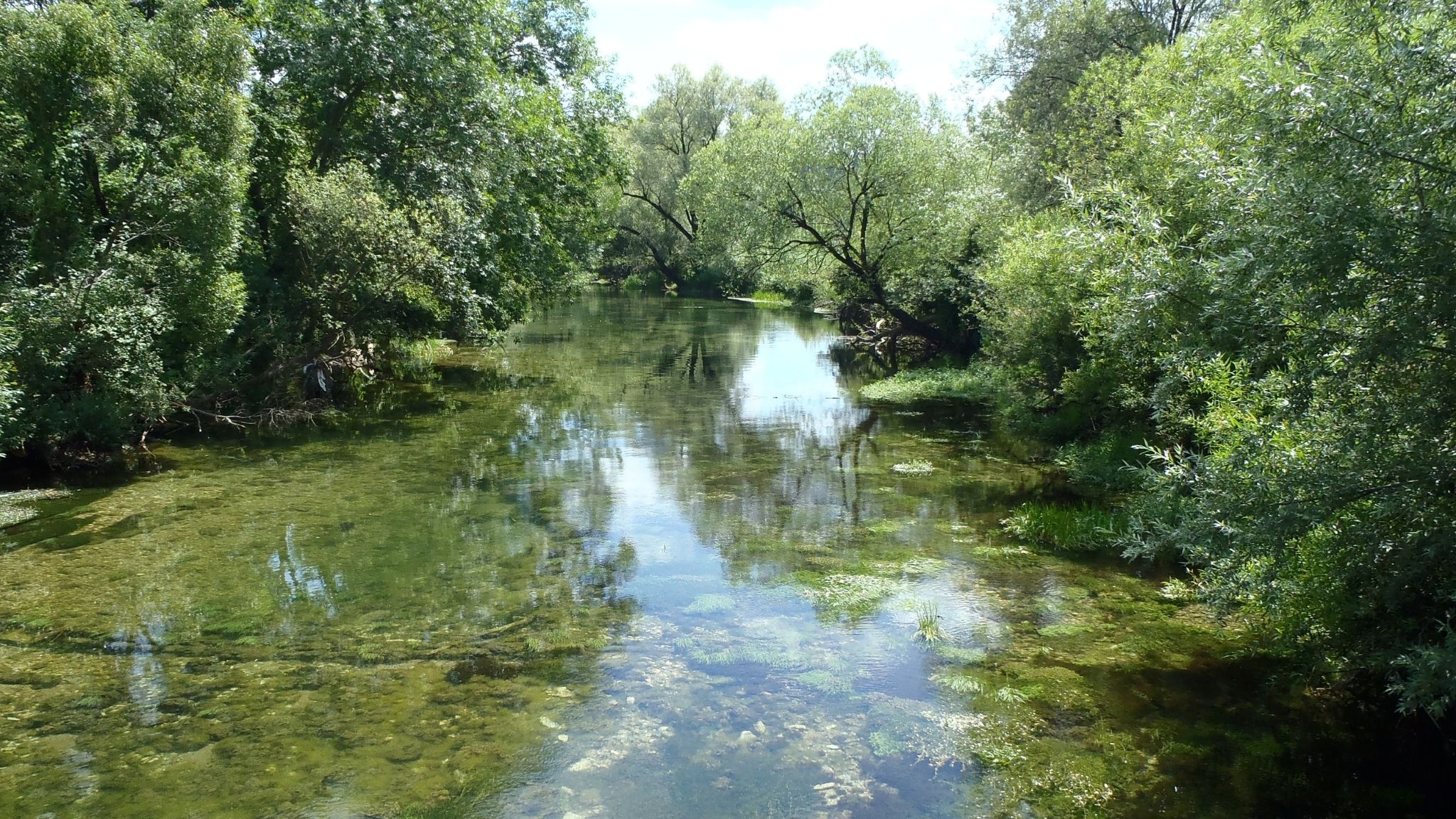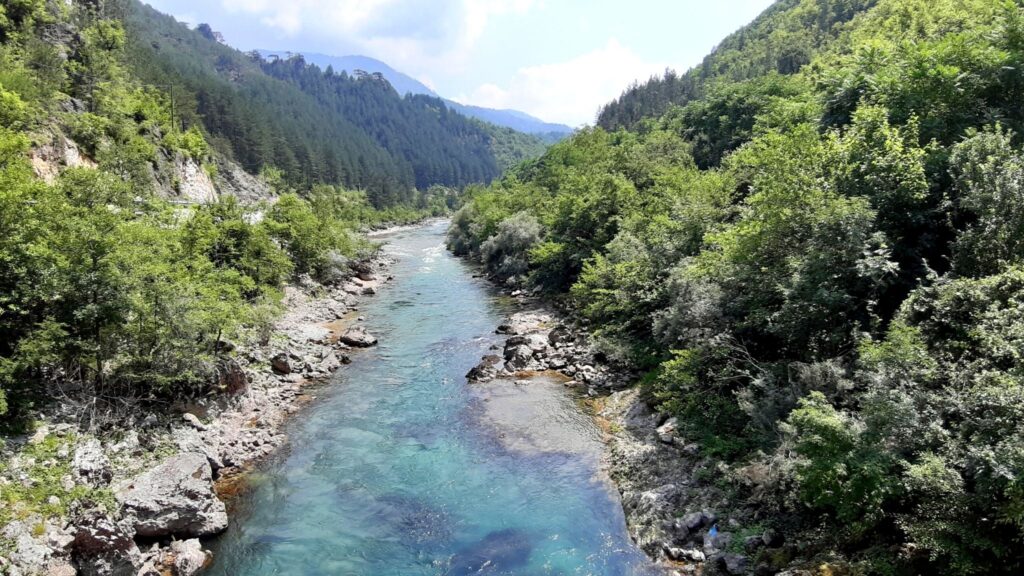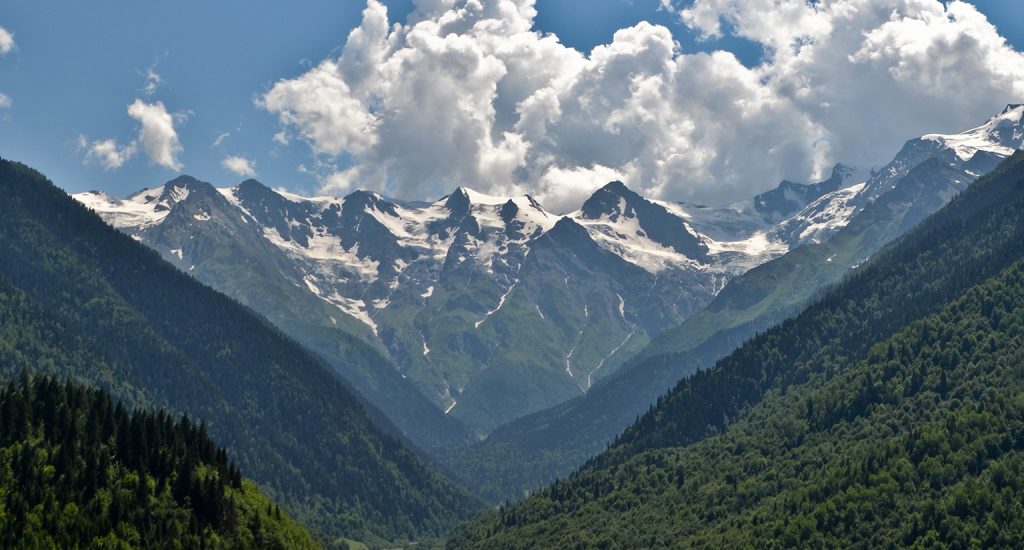The countries of the Energy Community Treaty have diverse energy mixes, but hydropower has traditionally played a strong role in many of them. Albania is almost completely reliant on dams for its domestic electricity generation, followed by Georgia with an average of 80 per cent of electricity generated by hydropower and Montenegro with an average of 55 per cent.

Stay informed
We closely follow international public finance and bring critical updates from the ground.
Background
The countries of the Energy Community Treaty have diverse energy mixes, but hydropower has traditionally played a strong role in many of them. Albania is almost completely reliant on dams for its domestic electricity generation, followed by Georgia with an average of 80 per cent of electricity generated by hydropower and Montenegro with an average of 55 per cent.
But what started as a strength is becoming a liability. More and more erratic rainfall is exposing how vulnerable hydropower is to climate change, while its damaging impacts on biodiversity, groundwater and sediment transportation are becoming better understood.
This has not stopped decision-makers’ zealous plans to develop the sector, including in countries like Ukraine hydropower has not traditionally played a major role. Decades-old projects are still being pushed against all economic and environmental logic, while a rash of small hydropower plants driven by feed-in tariff schemes has destroyed rivers and streams across southeast Europe.
The good news is that there are alternatives, with lower costs for the environment and also, increasingly, for the public purse, and that resistance to the unnecessary destruction of life-giving rivers is increasing day by day.
IN FOCUS
Latest news
55 Injured in Clashes between Police and Hydropower Plant Protestors in Pankisi
Bankwatch in the media | 22 April, 2019Clashes occurred between police and local residents protesting the construction of the Khadori hydropower plant (HPP) in Birkiani in Georgia’s Pankisi region on Sunday.Source: 55 Injured in Clashes between Police and Hydropower Plant Protestors in Pank
Read moreConstruction of SHPP near Štrpce halted, Podgorica to host talks on hydropower in the region
Bankwatch in the media | 12 February, 2019Amid the public outcry against the construction of small hydropower plants (SHPPs) throughout the region, with the latest cases in Štrpce in Kosovo* and at the Krapska river in Macedonia, all interested parties will have the opportunity to exchange views during two meetings in Podgorica – a public debate on planned hydropower plants (HPPs) on Morača river, as well as HPPs in BiH, Montenegro, and Serbia, and the Ministerial Conference on Transition to Sustainable Energy in the Western Balkans.
Read moreMacedonian hydropower complaint highlights EBRD’s enduring opacity
Blog entry | 11 February, 2019After almost a year of struggling to get basic environmental information from the EBRD about the Krapska hydropower project, Bankwatch has submitted an official complaint [1] to the bank’s Secretary General. As we run the same administrative circles over and over again, another precious river valley has been irreversibly damaged.
Read moreRelated publications
Kungrad 1-3 wind power project, Uzbekistan
Policy comments | 11 March, 2025 | Download PDFKungrad is one of several large-scale renewable projects featuring extensive transmission lines slated for remote, wild areas in Central Asia – an alarming practice that hinders the sustainable energy transition.
How to interact with development banks lending to hydropower projects in Central Asia: A toolkit for civil society activists
Toolkit | 3 February, 2025 | Download PDFThis toolkit is aimed primarily at civil society organisations in Central Asia tackling the construction of dams or other unsustainable water infrastructure.
The Upper Horizons complex, Bosnia and Herzegovina
Briefing | 18 December, 2023 | Download PDFThe Upper Horizons hydropower complex has been planned since the mid-20th century, and is planned to consist of three plants — Dabar, Nevesinje and Bileća — linked by a series of tunnels and channels. If completed, it would have a devastating impact on the karst ecosystems of eastern Herzegovina and beyond.




